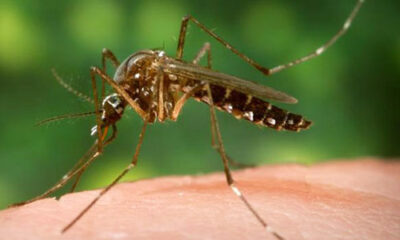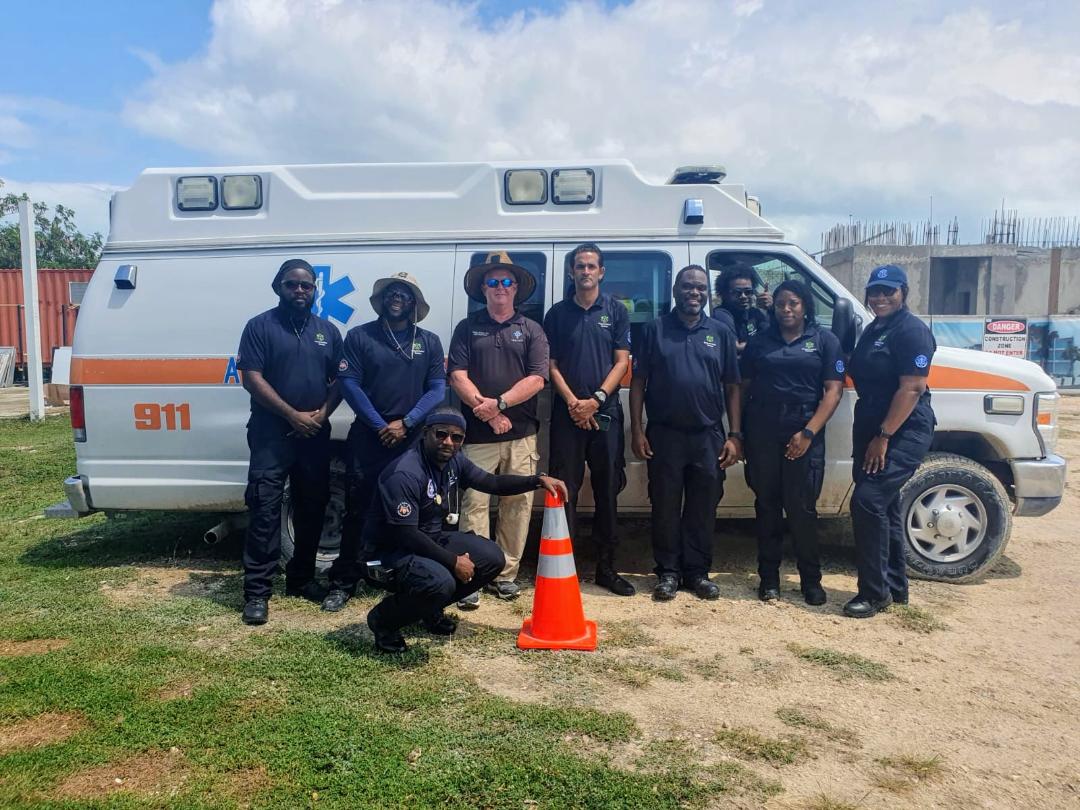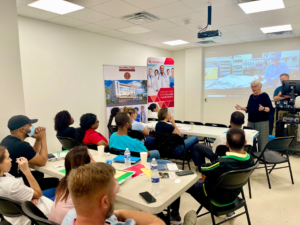May 30, 2023 – The delegates at the Seventy-sixth World Health Assembly adopted the resolution on accelerating efforts to prevent micronutrient deficiencies through safe and effective food fortification. The resolution urges Member States to make decisions on food fortification with micronutrients and/or supplementation and to consider ways of strengthening financing and monitoring mechanisms.
Deficiencies in vitamin and mineral status, particularly of folate, iron, vitamin A, and zinc, affect 50% of all preschool aged children and 67% of all women of reproductive age (WRA) worldwide. Micronutrient deficiencies can have serious consequences, including spina bifida and other neural tube defects. These preventable deficiencies are also associated with a higher risk of blindness, fragile immune systems, diminished exercise and physical capacity. Mothers with low micronutrient can have babies prematurely or with low birth weight. Iodine deficiency, still prevalent in many countries, impairs brain development in children, undermining their ability to learn and their eventual productivity.
Large scale food fortification (LSFF) is part of the solution. By adding essential vitamins and minerals to staple foods and condiments, such as wheat and maize flours, rice, cooking oil, and salt in accordance with national consumption patterns and deficiencies, countries can correct and further prevent a demonstrated micronutrient deficiency.
and condiments, such as wheat and maize flours, rice, cooking oil, and salt in accordance with national consumption patterns and deficiencies, countries can correct and further prevent a demonstrated micronutrient deficiency.
Fortification is an evidence-informed intervention that contributes to the prevention, reduction and control of micronutrient deficiencies. It can be used to correct a demonstrated micronutrient deficiency in the general population (mass or large-scale fortification) or in specific population groups (targeted fortification) such as children, pregnant women and the beneficiaries of social protection programmes.
WHO has been working in food fortification for decades and collaborates with different networks for fortification at the regional, country and community levels. WHO recommends large scale food fortification as a powerful evidence-informed and cost-effective intervention to fight the consequences of vitamin and mineral deficiencies, including iodine deficiency disorders, anaemia and iron deficiency, and neural tube defects among others.
The resolution was put forward by Australia, Brazil, Canada, Chile, Colombia, Ecuador, European Union and its 27 Member States, Israel, Malaysia and Paraguay.
The resolution received a wide support from the civil society, with over 50 organizations calling on WHO to accelerate efforts on micronutrient fortification of food through a jointly signed letter. The organizations underlined in their letter that micronutrient deficiency is a crisis that affects all communities globally, low-income or high-income, and that there is still a large unfinished agenda on food fortification, calling on WHO to double the efforts to improve the reach and quality of food fortification programs, which have big potential to combat these preventable deficiencies and protect health.
The resolution was adopted under the umbrella of the United Nations Decade of Action on Nutrition (2016-2025) report. The Nutrition Decade aims to accelerate the implementation of the Second International Conference on Nutrition (ICN2) commitments, achieve the global nutrition and diet-related noncommunicable disease (NCD) targets by 2025, and contribute to the realization of the Sustainable Development Goals by 2030. Reflection on global progress and challenges encountered and on a way forward after the ending of the UN Decade of Action on Nutrition (2016 – 2025) is encouraged.

 News1 day ago
News1 day ago
 Health1 week ago
Health1 week ago
 Caribbean News3 days ago
Caribbean News3 days ago
 Caribbean News6 days ago
Caribbean News6 days ago
 Health1 week ago
Health1 week ago
 Caribbean News6 days ago
Caribbean News6 days ago
 Bahamas News4 days ago
Bahamas News4 days ago
 Caribbean News1 week ago
Caribbean News1 week ago











